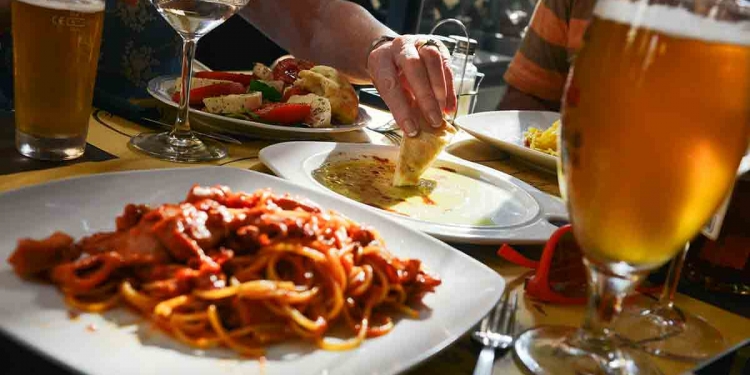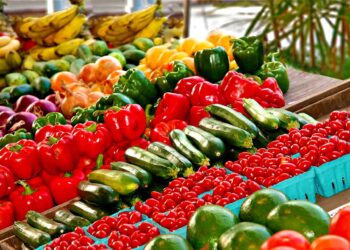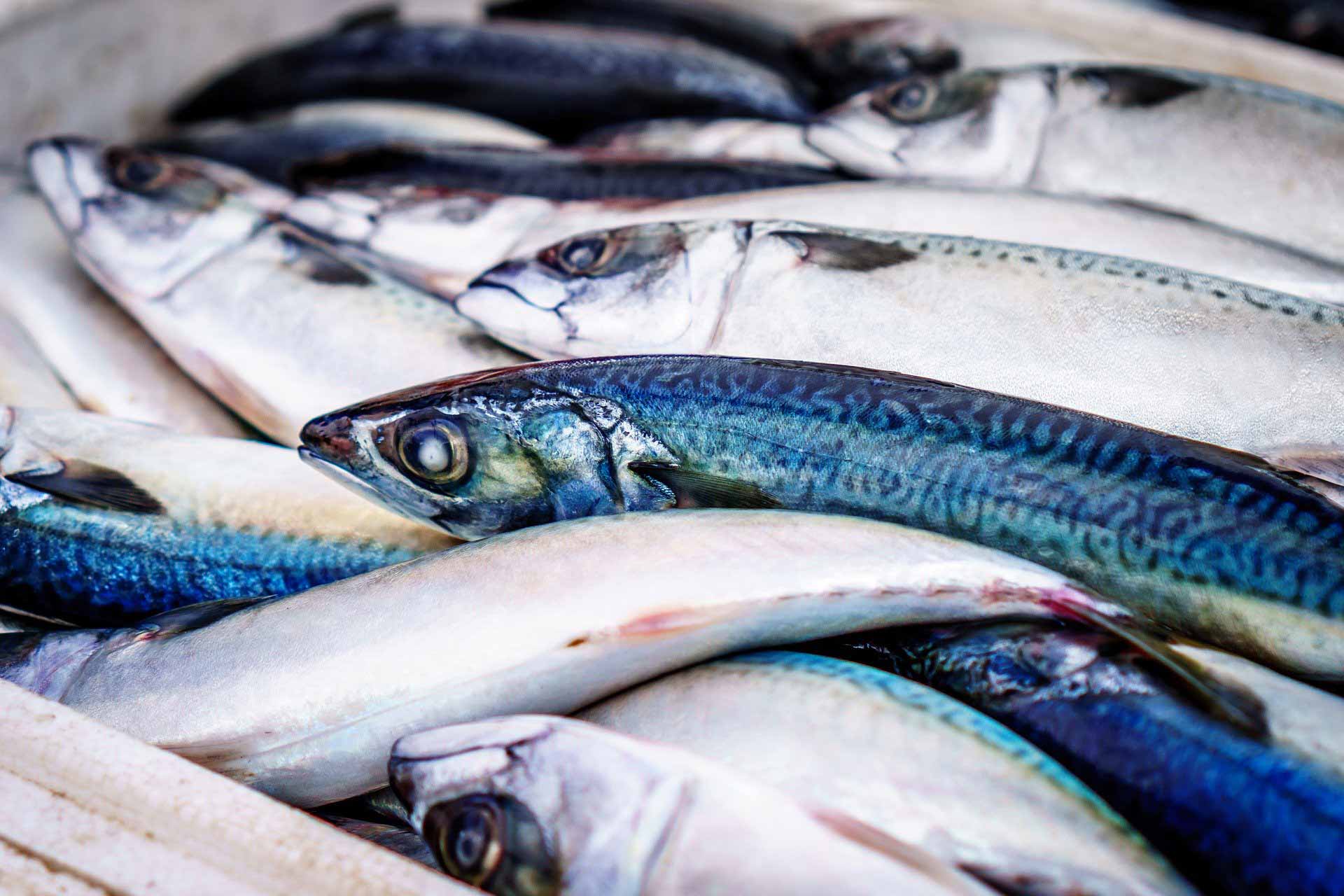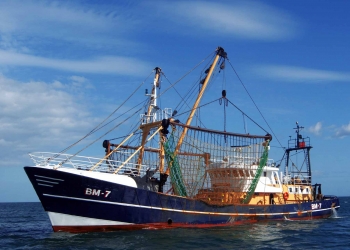Food waste is the loss of edible food mass that was originally intended for human consumption which occurred either at the production, post-harvest and processing phases or at the retail and consumption stages. Food waste hence represents a missed opportunity to feed the growing world population, a major waste of resources and a needless source of greenhouse gas emissions that impacts climate change. Wasting food also means wasting resources and efforts put into improving the sustainability of food production.
The global food and agricultural system is facing multiple challenges: having to produce more food to meet higher demand from a rising global population against a background of less available land, water, energy and effects of global warming. Against this background, finding ways to maximize the use of food and reducing food waste are therefore of key importance to the food and drink industry.
Europe to prevent food waste, from farm to fork!
For Europe – EU level we need definitely the implementation of the UN Sustainable Development Goal (SDG) on food waste and an EU food waste reduction target, aligned with the SDG target of 50% reduction by 2030, throughout the food supply chain.
A food waste definition that engages the whole food supply chain and focuses on prevention of food intended for human consumption from going to waste by maximising the value of raw materials and by allowing more materials to remain products or to be classified as by-products
Preventing food waste is a key priority for food and drink manufacturers and forms an important part in delivering a Circular Economy. Food and drink manufacturers in Europe are actively working to reduce food waste in their operations and along the food chain for example through innovative supply chain partnerships.
There is growing consumer backlash against plastic waste, especially because of the dangers it poses to the world’s oceans. Also there is also a massive effort underway to streamline expiration date labels worldwide, so consumers better understand what’s safe to eat. Retailers have an important role to play as they influence what we buy.
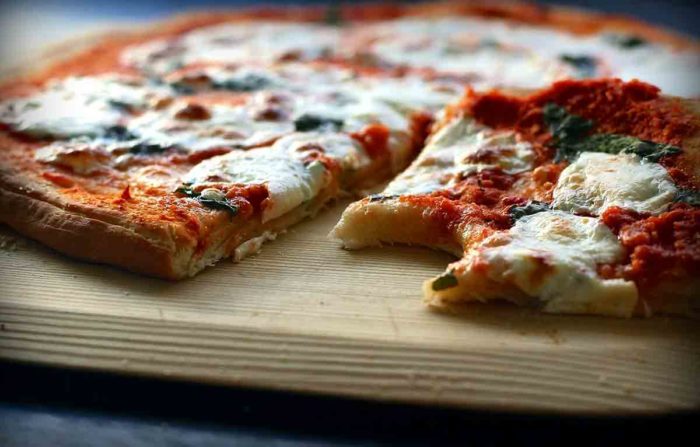
It starts with adopting new habits to limit food waste and it seems the world has finally woken up to the reality that the plastic we throw away has consequences.
As the world fights plastic waste, could food waste be next?
EU Debates!
Your opinion counts!

